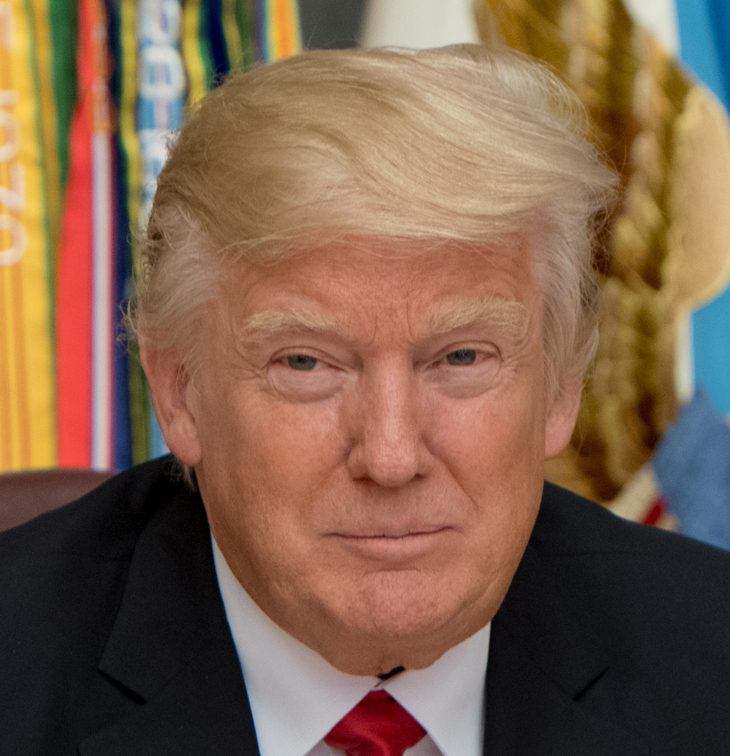After Democrats and Republicans could not come to terms on COVID-19 stimulus legislation, President Trump decided to take matters into his own hands.
On Aug. 8, Trump signed an executive order in Bedminster, NJ, which focused on four aspects: Placing a memorandum on student loan payments and interest, halting evictions for those in federally supported housing, deferring payroll tax obligations for the rest of 2020, and extending payments at $400 per week to those who are unemployed – with state obligated to cover $100 of that amount.
The last item has been the most contentious, as payments of $600 stopped at the end of July. Democrats wanted to keep the payouts at $600, but Republicans wanted to cap it at $200, as many people on unemployment were making more money not working than at their previous jobs – thus curtailing any persuasion to look for work.
While a few have applauded the President for taking actions while the GOP and Democrats remain at an impasse, other have questioned the legality and practicality of the Executive Order.
Legally, experts are investigating if the President can act on taxes, as Congress is the only federal outlets that can lay and collect taxation. Also, action on payroll taxes have a direct affect on social security and Medicare, as those are funded by the aforementioned taxes.
In terms of practical effect, a deferment on the payroll tax simply means that you can pay it later – but you still have to pay it. Meanwhile, those on unemployment are not paying their end of taxes.
One of those coming hard at Trump over the orders was Senate Minority Leader Chuck Schumer (D-NY), who said in a statement said: “Yesterday’s (Aug. 8) executive orders can be summed up in three words: unworkable, weak and narrow,” said U.S. Senator Charles Schumer. “Among several deficiencies, these orders totally leave out money for our schools to reopen safely, money for state and local governments that’s needed to fight fires, pick up the garbage or employ teachers. Even more worrisome, the president’s actions exclude COVID-19 testing, tracing and treatment, which is at the heart of solving the pandemic crisis in the first place. That is why I am calling on President Trump and the GOP to meet democrats in the middle – like we have done in the prior bills – and come up with an agreement that will actually help us get through this crisis.”
“The biggest problem with the Executive Orders is not what they do, but what they don’t do,” added Schumer. Amongst several gaping holes, Schumer explained:
- The orders leave out testing, tracing and treatment of COVID-19.
- The orders leave out money to safely reopen our schools and provide the PPE needed to keep kids, teachers and staff safe.
- The orders leave out help for state and local governments: firefighters, sanitation workers, bus drivers, health care workers, all the people who keep our local governments running could lose their jobs.
- The orders leave out funds to carry out the census, and ensure elections can be carried out safely amid COVID-19.
- The orders leave out funds to keep our local post offices open and operable, a particular concern for rural America.
- The orders leave out funds for food assistance, which jeopardizes kids and families.
Schumer also warned, the actions taken by the orders would jeopardize social security.
“The president did not ‘cancel’ payroll taxes and this will actually hurt businesses, workers and end up weakening Social Security and Medicare because most employers will continue to withhold the payroll tax so they and their employees won’t be hit with a huge tax bill in December when it expires. I warn seniors and people who have paid into Social Security and Medicare – watch out! What is being sold here would deplete the trust funds and destroy Social Security and Medicare as we know it,” Schumer added.
On the issue of schools, Schumer explained that the massive costs of PPE, barriers, cleaning supplies, remote internet access, transportation and more for students and teachers are prohibitive to reopening plans. In order to meet this fiscal need, Schumer said the Coronavirus Child Care and Education Relief Act (CCCERA), crafted alongside U.S. Senator Patty Murray, includes $175 billion in much-needed assistance for K-12 schools and must be part of any plan to tackle the virus.


